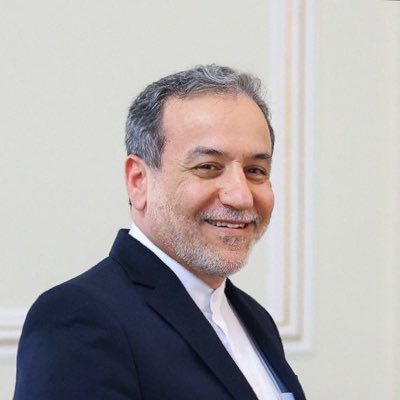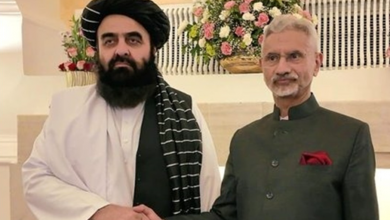Iran’s Top Diplomat Heads to Moscow for Talks with Putin

Iranian Foreign Minister Sayed Abbas Araghchi will travel to Moscow on Sunday for a high-level meeting with Russian President Vladimir Putin, following the U.S. airstrikes on Iranian nuclear sites.
The visit comes as Tehran seeks to strengthen its alliances and coordinate a response to what it describes as a blatant act of aggression by Washington. Diplomatic sources say the talks will cover regional security, military cooperation, and Iran’s next steps on the international stage.
While the Kremlin has yet to confirm details, the meeting highlights Russia’s pivotal role as a strategic partner for Iran at a moment of rapidly escalating tensions in the Middle East.

